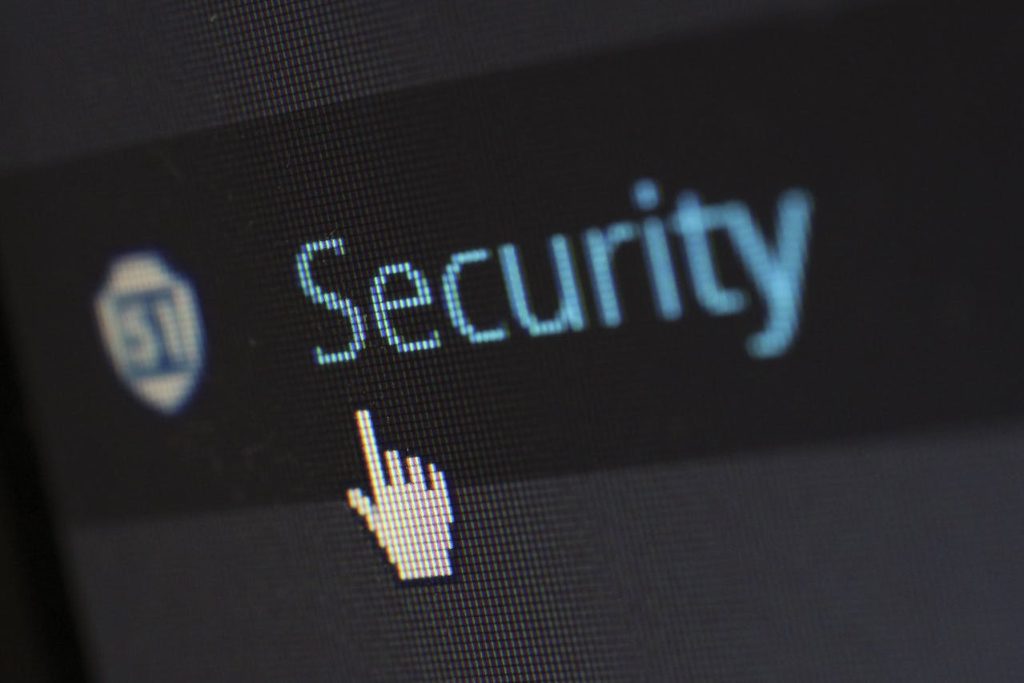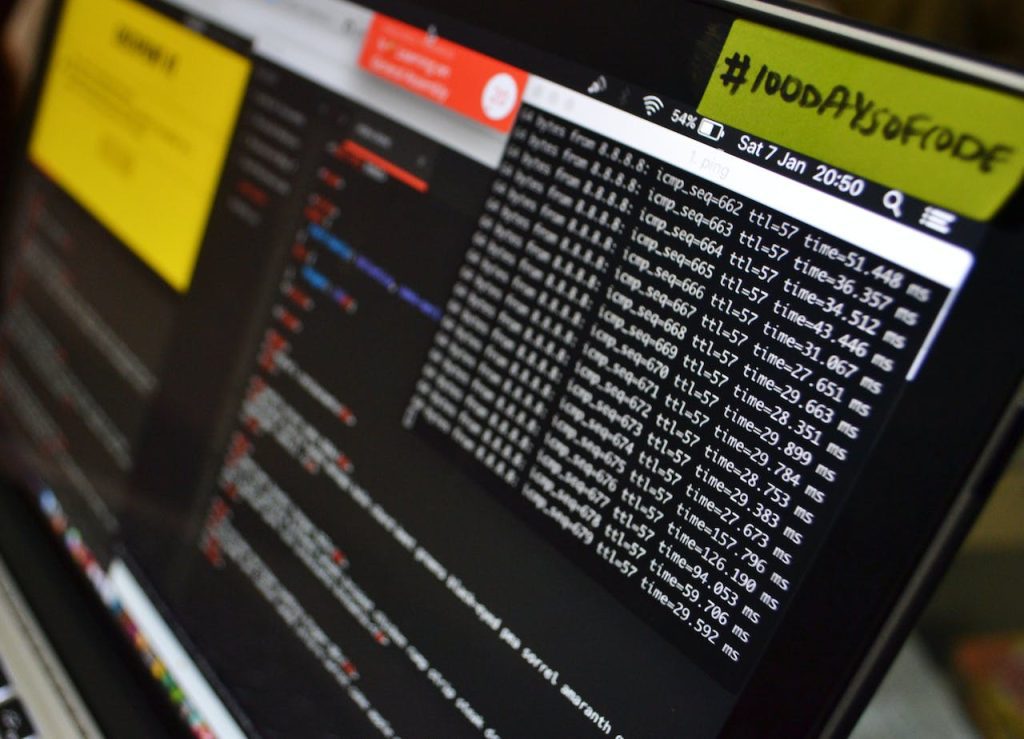Introduction:
Which is more secure: Windows XP or Linux? In the realm of technology, few battles evoke as much curiosity and debate as the question of operating system security. With a never-ending stream of malicious hackers and cyber-criminals on the prowl, we find ourselves immersed in a spectacle, akin to high-stakes theater. Which one is more secure? The outdated Windows XP, or a modern lightweight Linux distro? Let’s find out.

Which is more secure: Windows XP or Linux? A Comparative Analysis of Security Features
Windows XP and Linux have long been the subject of heated debates when it comes to the security of operating systems. In this comparative analysis, we will delve deep into the security features of both systems to determine which one provides a more secure computing environment.
1. User Permissions and Access Control:
- Windows XP: Windows XP employs a hierarchical user permission system, categorizing users into Administrator, Standard, Guest, and Limited accounts. However, its complex permission settings have often led to security vulnerabilities, making it a prime target for cyber attacks.
- Linux: Linux embraces a robust access control mechanism by implementing a solid permission structure. With root or superuser privileges, users have full control over the system, but regular users are sandboxed to limit their impact. This layered approach significantly enhances overall security.
2. Maintenance and Updates:
- Windows XP: Despite its popularity, Windows XP’s lack of ongoing support since 2014 has left the platform without regular updates or security patches. This dearth of maintenance not only exposes the system to an array of known vulnerabilities but also leaves it susceptible to emerging threats.
- Linux: One of Linux’s biggest advantages lies in its active community and constant updates. Regular security patches and maintenance releases ensure that users benefit from a robust and secure operating system.
| Feature | Windows XP | Linux |
|---|---|---|
| Firewall Integration | Limited functionality | Advanced firewall capabilities |
| Encryption | Basic encryption options | Various encryption methods available |
| Open Source | No | Yes |
| System Resource Requirements | Higher | Lower |
In conclusion, while Windows XP had its time as a widely-used operating system, its lack of ongoing support and known vulnerabilities make it less secure compared to Linux. Linux, with its strong access control, regular updates, and an active community, offers a more secure choice for users looking to protect their systems from potential threats.

Examining Security Vulnerabilities in Windows XP and Linux
When it comes to the ongoing debate of Windows XP versus Linux, one of the key areas to consider is security. Both operating systems have had their fair share of vulnerabilities over the years, but which one is truly more secure? Let’s dive in and explore the strengths and weaknesses of each.
Windows XP:
- Despite being outdated and unsupported, there are still numerous Windows XP systems in use today, making them attractive targets for cybercriminals.
- The lack of regular security updates and patches leaves these systems exposed to known vulnerabilities.
- Windows XP has a larger user base, making it a more lucrative target for attackers.
- Legacy code and outdated security protocols further increase the risk of exploitation.
Linux:
- Linux generally has a reputation for being more secure due to its open-source nature, allowing for continuous scrutiny of the code and quick response to vulnerabilities.
- Regular updates and patches are readily available for most Linux distributions, ensuring that security flaws are addressed promptly.
- The modular architecture of Linux provides better control over system components and reduces the attack surface.
- Linux promotes the principle of least privilege, limiting the potential impact of a compromised user or application.
While Linux may have the upper hand in terms of proactive security measures, it’s important to remember that no operating system is completely immune to attacks. Ultimately, the overall security of a system depends on various factors, such as implementation, user behavior, and additional security measures.

Best Practices for Ensuring Maximum Security in Windows XP and Linux Systems
When it comes to the never-ending debate on which operating system is more secure – Windows XP or Linux – there are valid points to consider for both sides. However, implementing best practices for maximum security is essential regardless of the system you choose. Here are some tips to help you enhance security in both Windows XP and Linux:
For Windows XP:
- Update your system with the latest patches and security updates provided by Microsoft and third-party vendors you trust.
- Install a reliable antivirus software and keep it up to date to protect against malware and viruses.
- Enable the built-in firewall to add an extra layer of protection for your system.
- Disable unnecessary services and features to minimize potential vulnerabilities.
- Set strong and unique passwords for user accounts and consider implementing multi-factor authentication.
For Linux:
- Keep your system up to date by applying software updates regularly.
- Only install software and packages from trusted sources or official repositories to minimize the risk of malicious code.
- Create separate user accounts with limited privileges rather than using the root account for day-to-day tasks.
- Configure a firewall to restrict unauthorized access to your system.
- Regularly audit your system logs to detect any suspicious activities.
Read More: What are the risks of dual booting Windows and Linux?
By following these best practices, you can significantly enhance the security of both Windows XP and Linux systems. Remember, no operating system is completely immune to security threats, but implementing these measures will help protect your valuable data and enhance your overall cybersecurity posture.

Recommendations to Safeguard Your System: Choosing Between Windows XP and Linux
When it comes to choosing a secure operating system, the debate between Windows XP and Linux has been ongoing for some time. While both systems have their pros and cons, it’s crucial to consider a few key factors before making a decision. Here are some recommendations to help you safeguard your system:
1. Assess your needs: Determine the specific requirements for your system, such as software compatibility, ease of use, and customization options. Understanding your needs will help you make an informed choice between Windows XP and Linux.
2. Consider the security features: Windows XP, despite being an older operating system, still receives security updates from third-party vendors. However, it’s important to note that official support has ended, leaving it more vulnerable to potential threats. On the other hand, Linux is known for its robust security features and regular updates, making it a popular choice among privacy-conscious users.
3. Evaluate community support: Take into account the availability of community support for each operating system. Linux boasts a vast community of developers and users who actively contribute to its security, offering timely patches and assistance. Windows XP also has a community, but it may not be as active or extensive.
Read More: Is it possible to install an operating system without a bios?
In Conclusion
Which is more secure: Windows XP or Linux? And there you have it, the great debate of Windows XP versus Linux’s security comes to a close. While both operating systems have their merits and drawbacks, it is important to remember that security is never a one-size-fits-all concept. Windows XP, with its long-standing presence in the mainstream market, boasts a plethora of features and compatibility options. However, its vulnerabilities and lack of support make it a risky choice for those seeking optimum security. On the other hand, Linux’s open-source foundation offers a higher level of transparency and continuous monitoring by a passionate community of developers. Its robust security measures and regular updates provide reassurance to those seeking a stable and secure operating system. It ultimately boils down to personal needs and priorities. If user-friendliness, widespread software availability, and legacy support are paramount, Windows XP may be a justifiable choice. But for those who value enhanced security, customization options, and the peace of mind that comes with an active and vigilant community, Linux triumphs. Remember, in the world of technology, security is an ever-evolving equation. Whichever operating system you choose, it is essential to stay informed, keep your software up to date, and practice safe browsing habits. After all, your digital security lies in your own hands. So, whether you’re a die-hard Windows XP enthusiast or a Linux advocate, this debate will continue to intrigue and challenge computer enthusiasts for years to come. The choice is yours, and the journey towards a secure digital landscape is an ongoing quest that we all must embark on.

Aleksandar Paunovski is a Computer Science student at New Bulgarian University. He has more than 20 years of experience with computer systems. Aleksandar knows PHP, JavaScript, C++, CSS, and HTML and is an expert on WordPress, computer security, Linux, Mac OS, Chrome OS, and Windows. When not busy making sites, Aleksandar loves to listen to 90’s music, walk in the park, and post on his blog.
